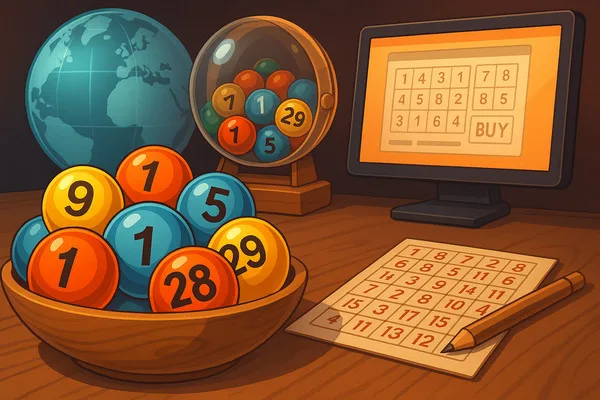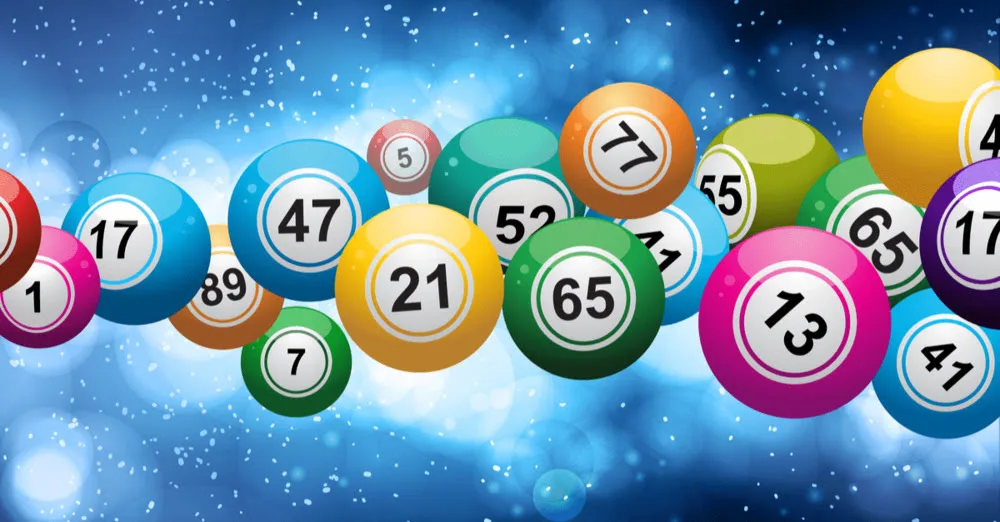
Online lotteries have become an integral part of the global gaming industry. With their accessibility, transparency, and technological development, they have attracted both players and investors. To understand their current relevance, it’s important to review their origins and historical evolution.
Lotteries in History: From Antiquity to the 20th Century Boom
Lotteries are far from a modern invention. The first recorded lottery draws date back to ancient China, where they were used to finance public projects, including parts of the Great Wall. During the Roman Empire, lotteries served as entertainment at social gatherings and banquets.
In the 16th and 17th centuries, lotteries became a fundraising tool for state treasuries in Europe, especially in Italy and the Netherlands. By the 20th century, national lotteries had spread widely, becoming a standard method of funding social and infrastructural projects under state regulation.
The Digital Revolution: The First Online Lotteries
By the late 1990s, technology paved the way for new formats in the gambling sector. The growth of the internet made online platforms possible, and the first digital lotteries emerged. These early versions were basic, often mirroring traditional paper-based lotteries.
Operators focused on replicating the traditional draw experience with digital tickets and randomly generated numbers. However, early growth was limited by technical challenges and a general lack of user trust. Still, interest from pioneering investors and innovators grew as the technology improved.
The real breakthrough came with widespread broadband access and improved online security. Players could now participate in real-time draws, purchase tickets with a few clicks, and receive payouts directly to their accounts. This convenience led to growing user bases and increased investment in the sector.

Technology and Innovation in Digital Lotteries
Advancements in security and user interface design played a crucial role in the reliability of digital lotteries. Encryption technologies, blockchain integration, and AI-based verification systems have enhanced transparency and significantly reduced fraud risks.
Mobile optimisation has also been a major factor. With the global rise of smartphones, players can now enter draws from virtually anywhere. Dedicated apps have been developed to provide a smooth, engaging experience with instant result notifications, promotional alerts, and personalised offers.
One notable innovation is the integration of international draws. Players from different countries can now participate in the same lotteries through synchronised platforms. This not only increases prize pools but also attracts investors who see scalability and growth potential in global lottery systems.
Global Expansion and Adaptation of Online Lotteries
Online lotteries have adapted to a wide range of regulatory environments around the world. In Europe, several countries have introduced licensing systems allowing private operators to function under clear rules. This has fostered healthy competition and encouraged ongoing innovation.
One example of such development is Unique Online Casino, which has incorporated international lottery products into its portfolio to meet demand from players in regulated markets. In Asia and Latin America, the markets are expanding rapidly, where mobile access and digital payment infrastructure are key drivers. Investors closely monitor these regions as internet penetration and population growth create new opportunities.
Modern Trends and the Future of Digital Lotteries
Today, personalisation is a leading trend, with AI used to deliver tailored experiences to each user. Gamification elements – including loyalty tiers, bonuses, and social features – have made lottery platforms more engaging, especially for younger audiences.
Looking ahead, continued growth is expected in areas such as decentralised blockchain-based lotteries, sustainability-driven initiatives, and deeper integration with fintech solutions. For investors, this points not only to new products but also to emerging markets and business models ready to be explored.